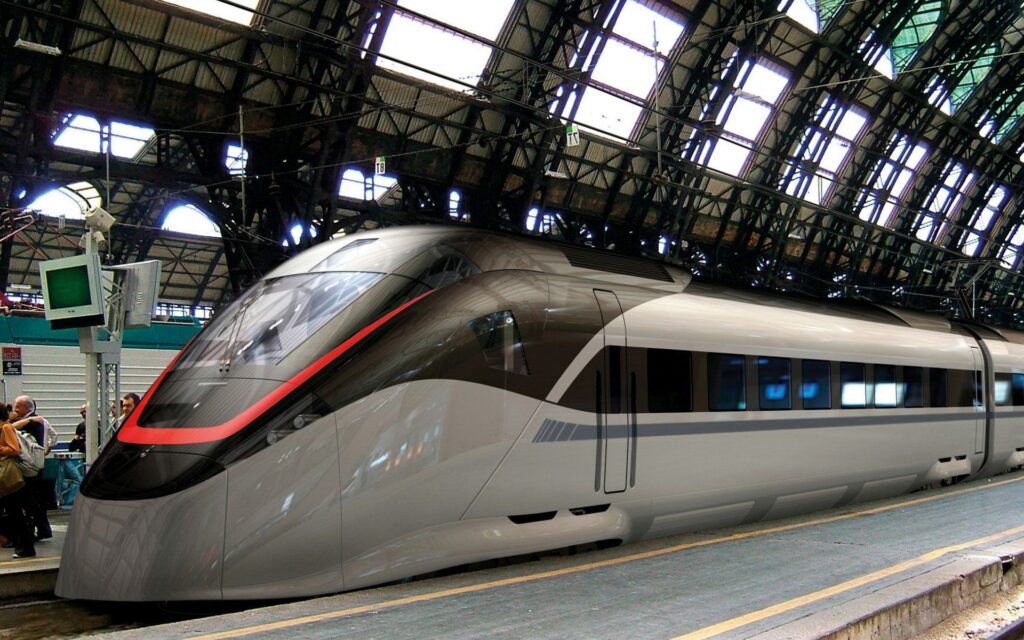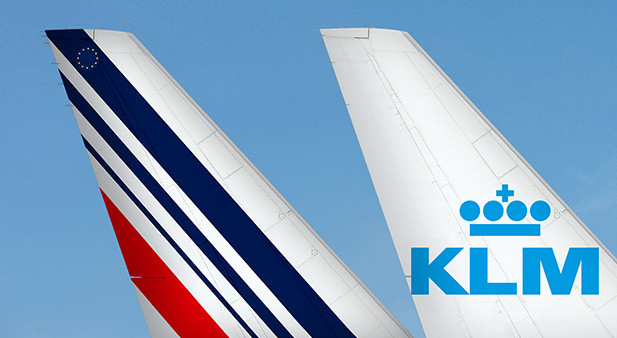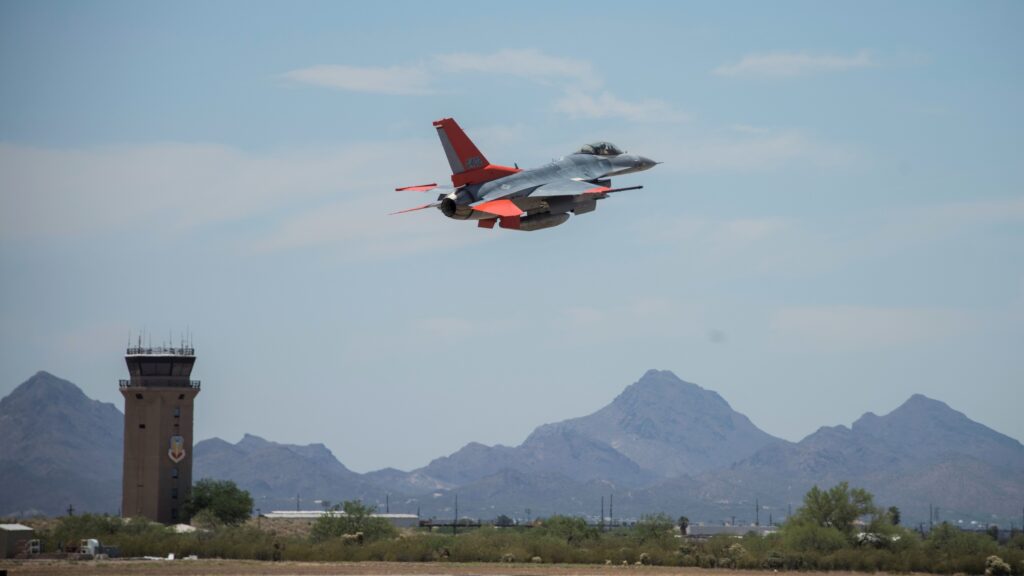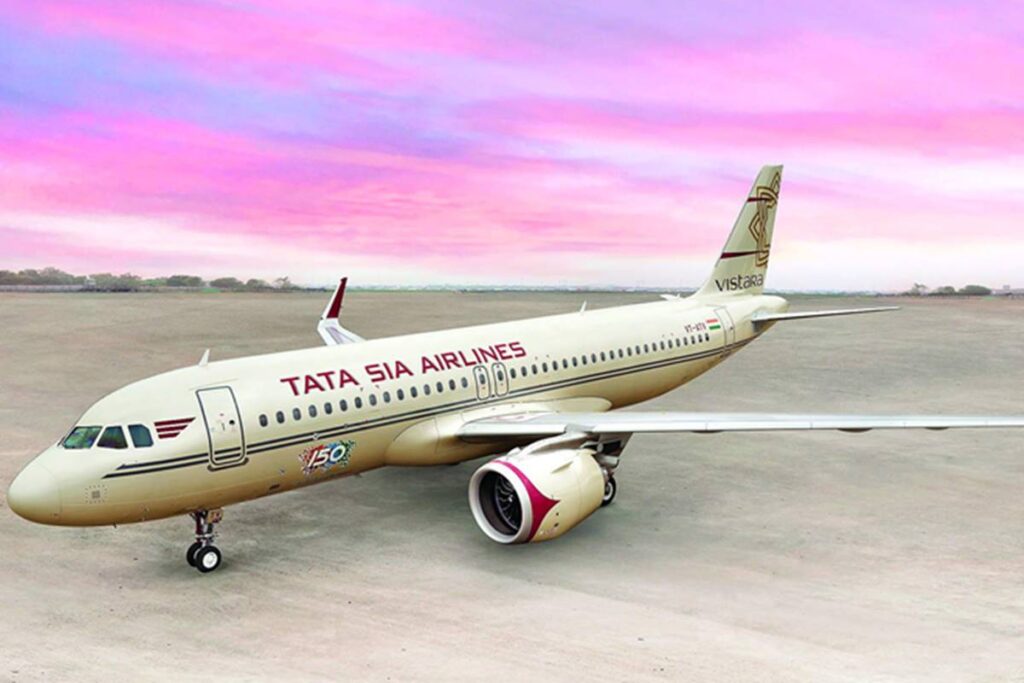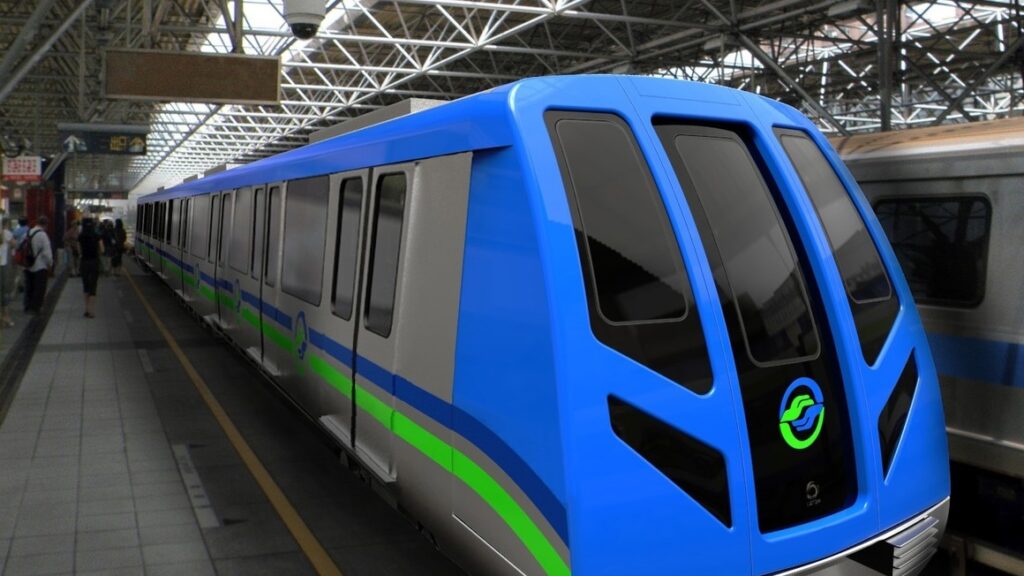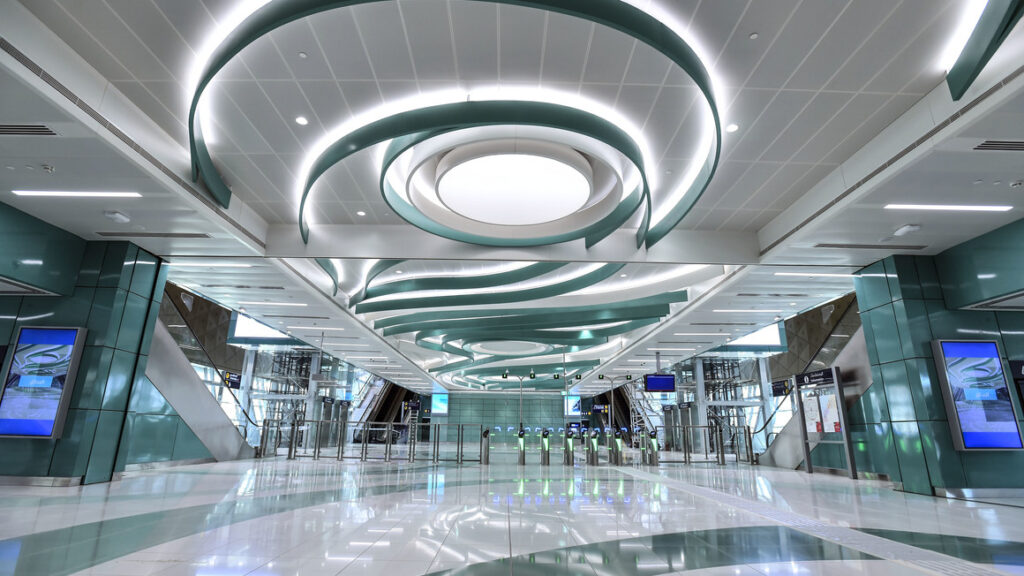European Commission Clears Alstom’s acquisition of Bombardier Transportation
Alstom and Bombardier welcome the European Commission’s (EC) decision for conditional clearance of the proposed acquisition of Bombardier Transportation by Alstom. The Commission’s approval for the transaction is conditional on the proposed engagements that consist…
